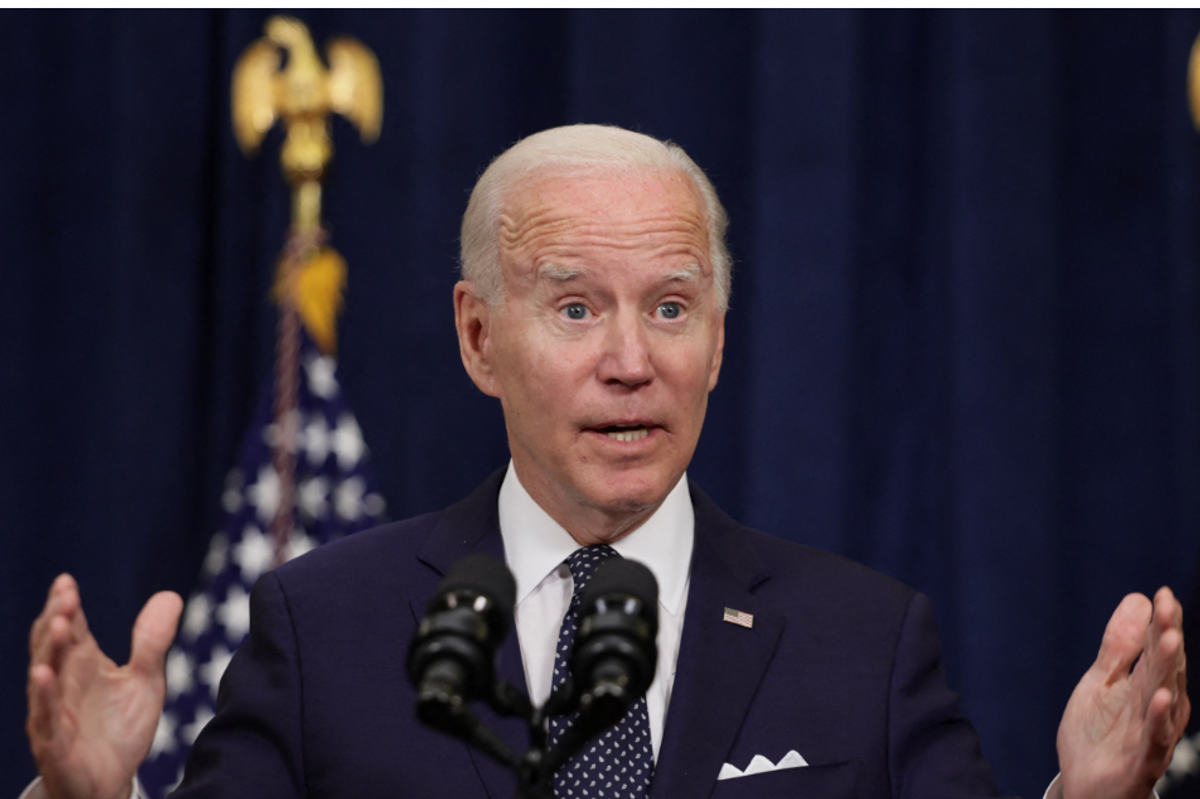
(Reuters) – Republican lawmakers in several central U.S. states are pushing bills that would crack down on demonstrations, drawing criticism from free speech campaigners and underlining the polarization over protests in the era of President Donald Trump.
Bills have been introduced over the past month in states including North Dakota, Indiana, and Iowa that would impose measures such as harsher penalties for demonstrators who disrupt traffic, and scrapping punishment for drivers who unintentionally strike protesters blocking their vehicles.
The push for stricter laws comes as opponents of Trump have vowed to take to the streets to demonstrate against his policies on issues ranging from immigration to abortion and climate change. Hundreds of thousands of people took part in women’s marches on Jan. 21 in cities across the country.
While the fate of the bills was not immediately clear, supporters say they sum up the frustration some people feel about protests that get in the way of their daily lives.
“People are just kind of sick and tired of this garbage,” Nick Zerwas, a Republican state representative in Minnesota, said by telephone. “If you block a freeway, you ought to go to jail, and when you get out, you ought to get the bill.”
Zerwas has introduced two bills, one of which would increase the penalty for obstructing traffic to a gross misdemeanor, meaning offenders could face up to a year in jail and a $3,000 fine. The other would make protesters pay policing costs if their protests were deemed illegal or a nuisance by a court.
In Iowa, Republican state senator Jake Chapman is the lead sponsor of a bill that would make it a felony to block traffic on roads with speed limits of 55 miles-per-hour (88 km) or more. Offenders would face up to five years in jail and a $7,500 fine.
“People are really fed up with it,” Chapman said of the disruption caused by demonstrations.
He said his constituents were not against the protests as such, but that they did not want their travel affected. He said demonstrations should be held in “appropriate” places.
‘TRULY ALARMING’
Free speech advocates said the proposals are worrying.
“What’s happening is a truly alarming spread of state legislation that, if passed, will have the intent or impact of criminalizing peaceful protests,” said Lee Rowland, an attorney with the American Civil Liberties Union rights group.
The bills were “unconstitutional right out of the gate,” Rowland said, adding that protests should be seen as a “success of representative democracy,” not a problem to be solved.
Gregory Magarian, a professor at Washington University in St. Louis School of Law, said the bills present a “major First Amendment problem,” referring to the section of the U.S. Constitution that guarantees the right to free expression.
“They (the lawmakers) are putting their petty ideologies over the principles of free speech,” Magarian said.
Defenders of the proposals, however, argue that they were formulated out of concern for public safety above all.
One bill by Indiana Republican state senator Jim Tomes calls for police “to use any means necessary” to clear roads of people unlawfully blocking traffic no more than 15 minutes after law enforcement learns of the obstruction.
In an emailed statement, Tomes said he had no problem with protesters who apply for permits in advance.
In North Dakota, where hundreds have been arrested during protests against a pipeline, a bill by Republican state Rep. Keith Kempenich would shield motorists from liability if they unintentionally hit a protester on a roadway, injuring or killing them.
Kempenich did not respond to requests for comment, but has said he introduced the bill after his mother-in-law was caught in a protest while driving.
“It’s shifting the burden of proof from the motor vehicle driver to the pedestrian,” he told the Bismarck Tribune.
(Reporting by Timothy Mclaughlin in Chicago; Editing by Daniel Wallis and Bernadette Baum)
IMAGE: FILE PHOTO — Demonstrators form a line to stop traffic on Interstate 580 during a demonstration following the election of Donald Trump as President of the United States in Oakland, California, U.S. November 10, 2016. REUTERS/Stephen Lam/File Photo


